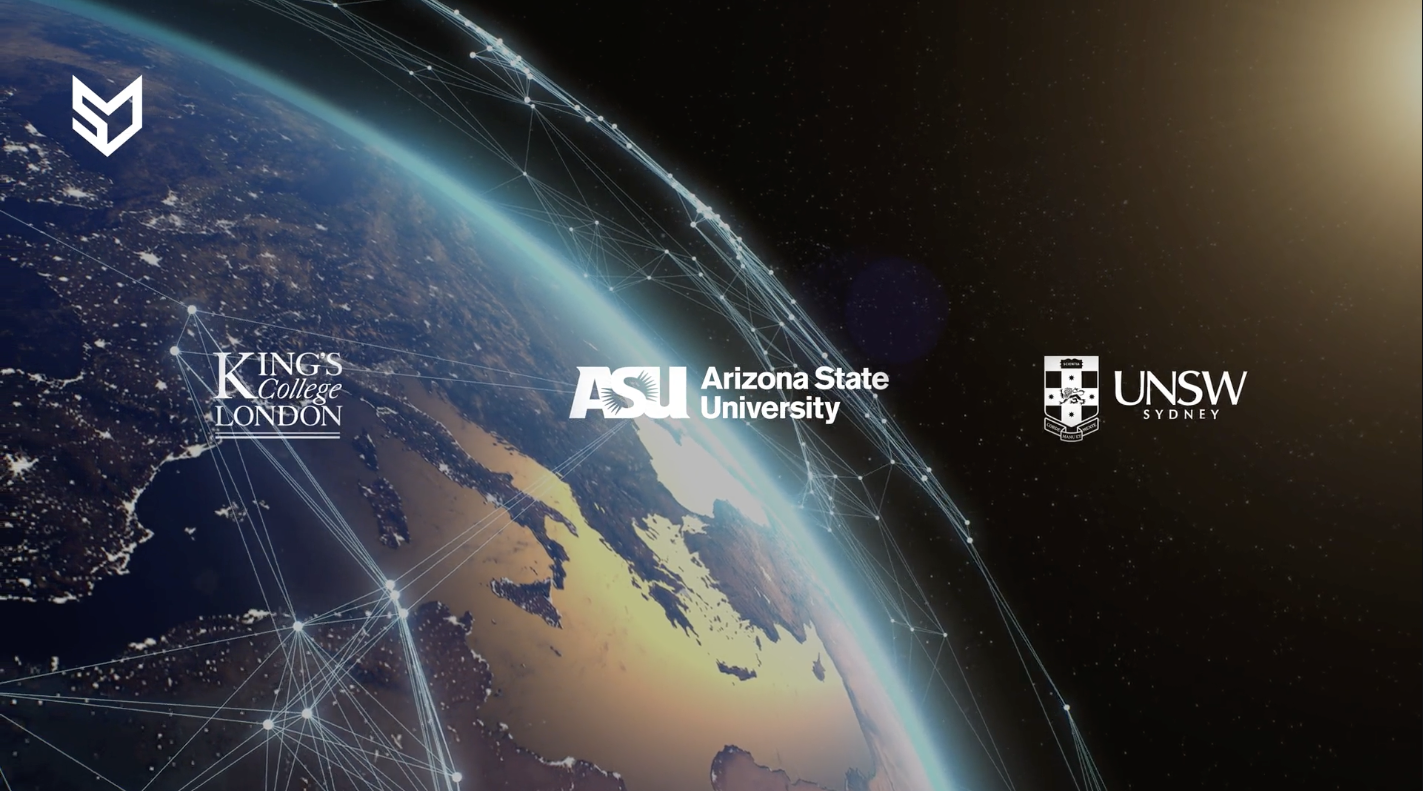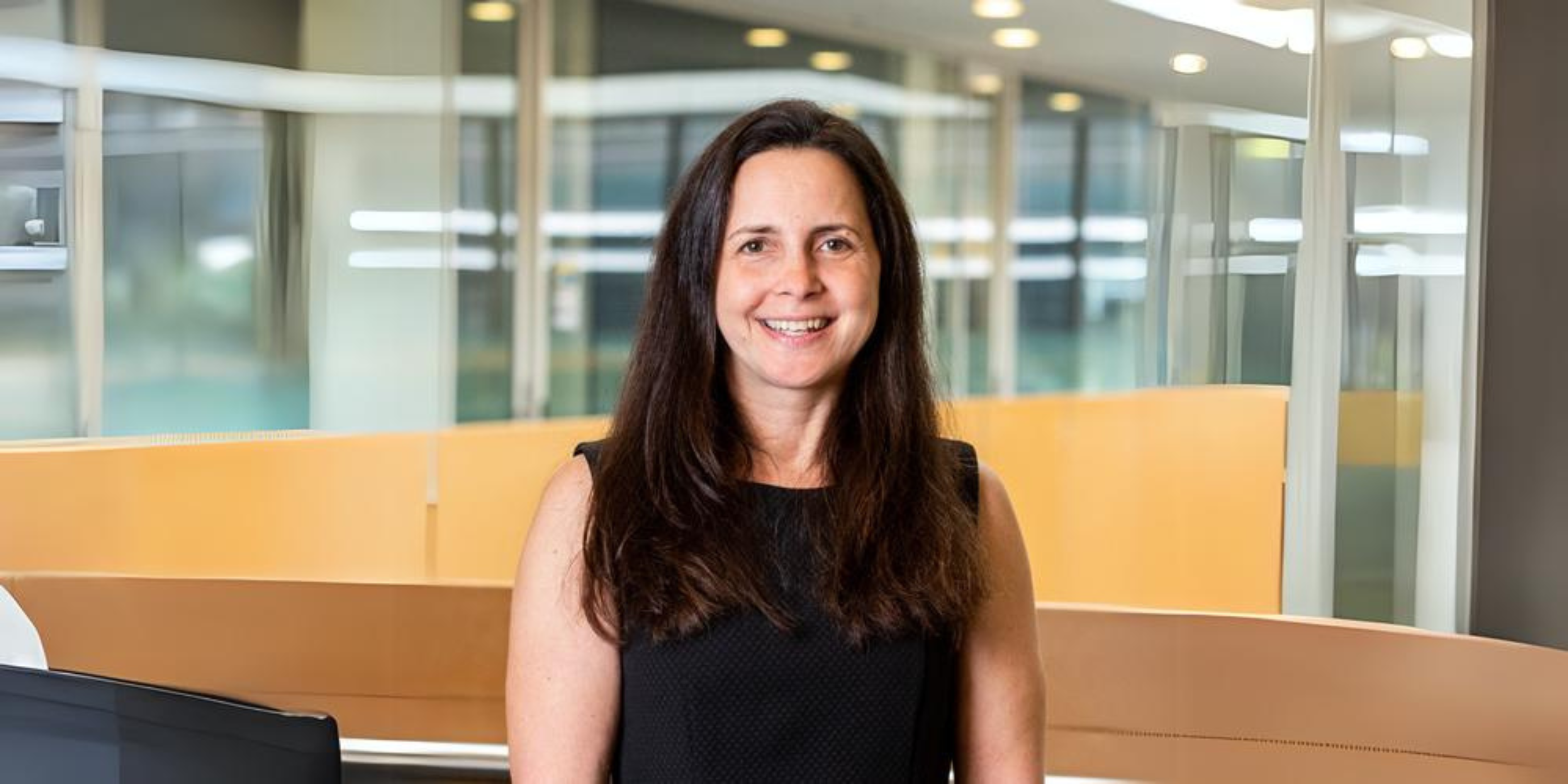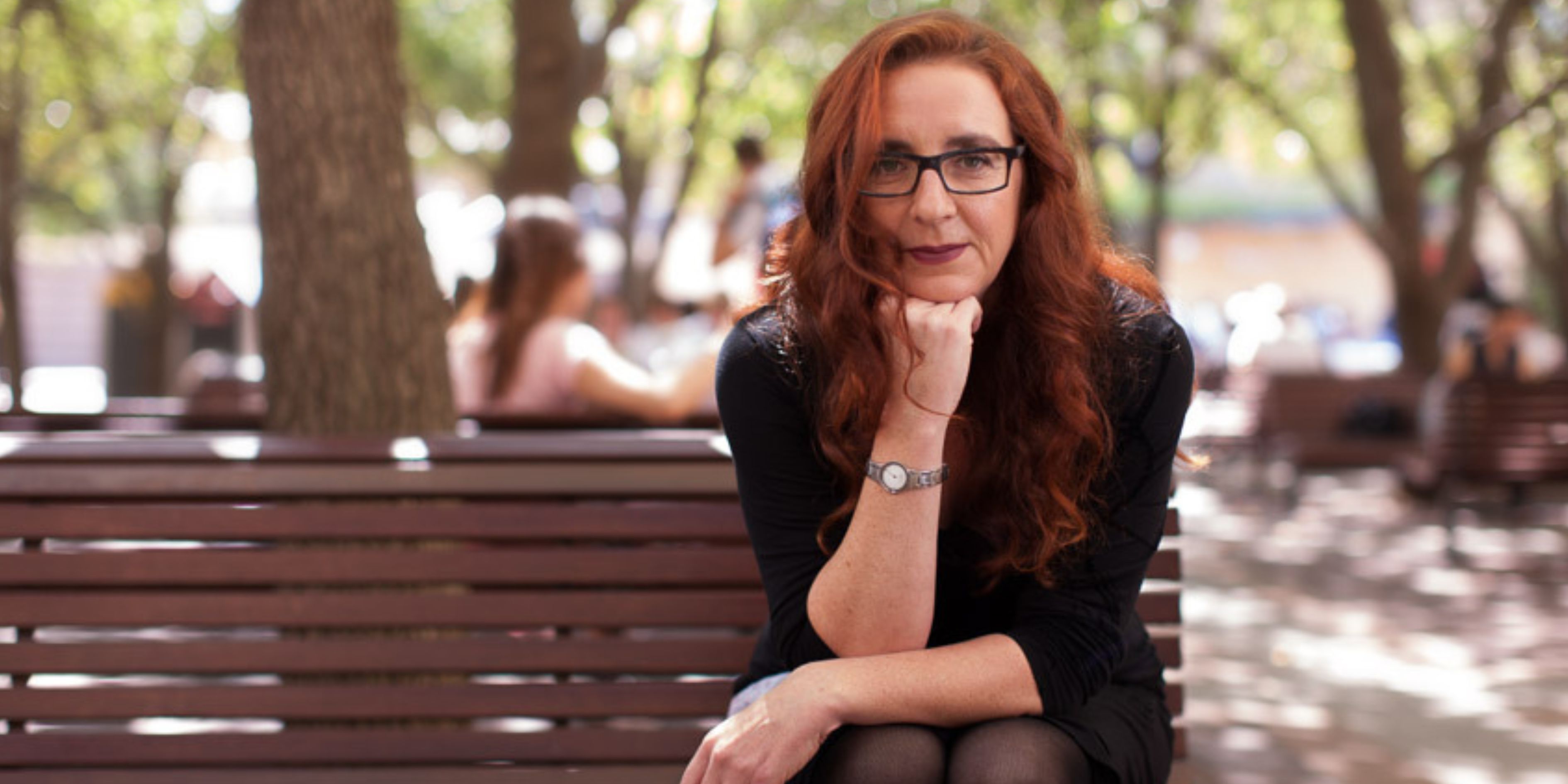The pioneering Times Higher Education Impact Rankings use the United Nations Sustainable Development Goals (SDG) as a framework for reporting on the social and environmental impact of universities. The 17 specific goals aimed at transforming the world for the better by 2030, were adopted by all 193 member states of the United Nations in 2015. These goals provide a shared blueprint for peace and prosperity for people and the planet, now and into the future. The metrics assessed include the impact of universities’ teaching, research, stewardship and outreach within their local, national and international communities. It is the first university ranking to focus on the broader social contributions of higher education institutions.
This year, in a vastly expanded field of universities from 859 in 2020 to 1115 in 2021, our university partners have been ranked in the top ten of many of the categories that they entered.
ASU has been ranked nineth overall in the world and retained its first-place position in the US, in recognition of the university’s impact on fostering sustainable communities, eradicating poverty and advocating for the provision of clean water. ASU’s achievements include ranking fifth for addressing SDG1 - No poverty.
King’s College London has been ranked eleventh in the world, second in the UK and fourth in Europe in 2021 in recognition of the university’s positive social and environmental impact.
UNSW Sydney has been ranked 8th in the world for its work towards ensuring availability and sustainable management of clean water and sanitation, SDG6.
This prestigious recognition comes in the third year of the THE Impact Rankings. *1,240 institutions from 98 countries/regions submitted data for the 2021 Times Higher Education Impact Rankings, which was assessed across 18 separate league tables for each SDG. 1,115 universities met the criteria to be ranked in the overall list, which included a compulsory submission for SDG17 and at least three other SDGs.
Arizona State University
Arizona State University remains a national leader in addressing sustainability when it comes to research, outreach and stewardship. ASU's ranking has been driven by the university's efforts on such issues as poverty and hunger, gender equality, clean water and air,
For 2021, ASU's score of 95.8 out of 100 points put it at No. 1 in the U.S., coming in ahead of Purdue University, the Massachusetts Institute of Technology, Penn State University and the University of North Carolina at Chapel Hill.
ASU’s SDG & Beyond Task Force, co-chaired by the Julie Ann Wrigley Global Futures Laboratory and the Thunderbird School of Global Management, seeks to improve these goals each year on behalf of the university. The two co-chairs reflected on their global leadership journey to ASU.
“As former New Zealand ambassador to the United Nations in 2015, we negotiated the Sustainable Development Goals, and I could not be more impressed with ASU’s contributions and ability to rapidly innovate, replicate and scale meaningful solutions,” said Amanda Ellis, director of global partnerships in the Julie Ann Wrigley Global Futures Laboratory.
Sanjeev Khagram, the CEO, director general and dean of Thunderbird, said he "had the privilege of leading the establishment of the Global Partnership for Sustainable Development Data, the largest multistakeholder initiative launched to achieve the global goals. It is that level of ambition with what we at Thunderbird joined with the Global Futures Lab to make ASU the No. 1 university for SDGs. We must make this the decade of delivery worldwide.”
Among the 17 goals, ASU ranked highest in sustainable cities and communities (93.4, second overall globally); responsible consumption and production (89.7, fourth); eradicating poverty (87.1, third); clean sanitation and water (82.3, fifth); climate action (81.8, fourth); and life below water (89.5, seventh).
Other categories are partnership for the goals (92.3); reduced inequalities (81.4); peace, justice and strong institutions (80.5); life on land (79.2); quality education (75.6); zero hunger (73.7); industry, innovation and infrastructure (73.2); decent work and economic growth (71.8); affordable and clean energy (71.1); good health and well-being (71.0); and gender equality (69.3).
Rankings and accolades are all well and good, but in tackling these challenges, ASU is demonstrating that it is changing the world through practical global influence for multiplier impact.
Here is a half-dozen of the many ways in which ASU is helping people and the planet prosper:
- Modular gender education training for parliamentarians and global changemakers: These videos aim to eliminate discriminatory laws against women around the world and are now used by the 179 member countries of the Interparliamentary Union and the United Nations partner agencies.
- The Global SDG 5 Notification Tool, designed by ASU's Erin Carr-Jordan and implemented by The Luminosity Lab, which provides users insight into country-level progress on legal gender equality with the ability to compare 190 countries at a granular level. With data on local laws provided by the World Bank, parliamentarians and others, this tool is used by the Human Rights Council Universal Periodic Review to hold countries accountable to their commitments.
- The Global Carbon Removal Partnership is a group made up of policymakers, members of the private sector and civic society seeking to influence policy and market environments to support the rapid scale-up of carbon removal actions. ASU’s Klaus Lackner, director of the Center for Negative Carbon Emissions, focuses exactly on that. The center has developed “mechanical trees,” an innovative technology that pulls down carbon emissions from the atmosphere and is approximately 1,000 times more efficient than actual trees. ASU is also home to the international public-private alliance, New Carbon Economy Consortium, focused on harnessing innovation to drive a carbon-neutral to carbon-negative world.
- The Connective is a consortium that is building a first-of-its-kind “smart region” for the greater Phoenix area with Thunderbird’s Phoenix Global Rising Initiative — a global multi-stakeholder partnership advancing Phoenix’s global capacity. With the support of Phoenix Mayor Kate Gallego, ASU is helping deploy equitable and scalable technology solutions that support the Valley’s goals of sustainability and improving quality of life.
- The Decision Center for a Desert City is focused on advancing research, education and partnerships for urban water transitions through the power of data. Complementing its work is the Kyl Center for Water Policy, which promotes research, analysis, collaboration and dialogue to build consensus on sound water stewardship for Arizona and the West.
- The Swette Center for Sustainable Food Systems provides research and education options to address the integrity of the agriculture systems and the well-being of farmers, producers and providers, and to help drive policy-relevant knowledge to ensure food safety.
In this next decade of action and beyond, ASU will continue to be a global leader and transform society through use-inspired research, said Peter Schlosser, vice president and vice provost of the Julie Ann Wrigley Global Futures Laboratory.
“The Sustainable Development Goals are designed to build a future with improved well-being for all humankind on a healthy planet,” Schlosser said. “Our purpose at ASU is not only to support these goals by aligning our programs and service to local and global communities, but to build upon them beyond 2030 so that we, as a global community, are shaping and creating bold ideas for a planet-positive future through opportunity, not sacrifice.”
King’s College London
In the 2021 THE Impact Rankings, King’s was especially recognised for supporting strong institutions and promoting peace and justice, ranking fourth in the world for SDG 16 ‘Peace, Justice and Strong Institutions’. This metric assesses universities’ research on law and international relations, their participation as advisers for government and their policies on academic freedom.
The university also ranked highly for work with local, national and international partners, placing tenth in the world for SDG 17 ‘Partnerships for the Goals’, which is the only goal all participating universities must provide data on to be included in the overall ranking. King’s successfully delivers against this goal through cross-sectoral dialogue with government bodies and NGOs, international collaboration and research including the PLuS Alliance, local and global student volunteering programmes, and its commitment to Service-learning and civic engagement.
The greatest improvement was for SDG 13 ‘Climate Action’, which saw King’s increase 30 positions, placing King’s among the top 20 universities in the world for acting to address climate issues. This metric assesses universities’ research on climate change, their use of energy and their preparations for dealing with the consequences of climate change. King’s has had great success in this area, having recently fully divested from all fossil fuels, almost two years ahead of target.
King’s also ranked sixth in the world (joint with Simon Fraser University) for SDG 11 ’Sustainable Cities and Communities’, which explores the interaction between universities and their communities, as well as the role universities play in protecting the environment and acting as custodians of history, culture and heritage.
The university’s other top contributing goal was SDG 3 ‘Good Health and Wellbeing’, which assesses the contribution of universities to tackling diseases such as COVID-19, support for healthcare professions, and services provided for the health and wellbeing of students and staff.
“I am very proud that King’s has been recognised for our commitment to serving society and delivering the SDGs in the 2021 Times Higher Education Impact Rankings. Our students, staff, alumni and community partners fulfil this commitment in a number of inspirational ways and this achievement would not be possible without their dedication to bringing about real and lasting change.” comments Professor Bronwyn Parry, Interim Vice President & Vice Principal (Service)
"It’s amazing that King’s has been recognised by Times Higher Education for our continued commitment to positive social impact. Great importance is placed on encouraging students to be civically minded at King’s and there is a wide range of programmes that provide an opportunity for students to solve some of the challenges faced in our communities. It's fantastic to know that our contributions are meaningful, and I feel proud to be part of an institution that serves the needs and aspirations of society alongside offering a world-class education." stated Marianne Odetola, BA Geography student
“At King’s we believe that ‘Our Deeds Define Us’. Last year brought home the importance and urgency of serving our local, national and international communities. By working together, our staff, students and our partners have all made this possible. We are immensely proud that this commitment has been recognised in the 2021 Times Higher Education Impact Rankings, which demonstrate the broader social responsibility of universities.” comments Professor Evelyn Welch, Interim President & Principal and Provost (Arts & Sciences)


